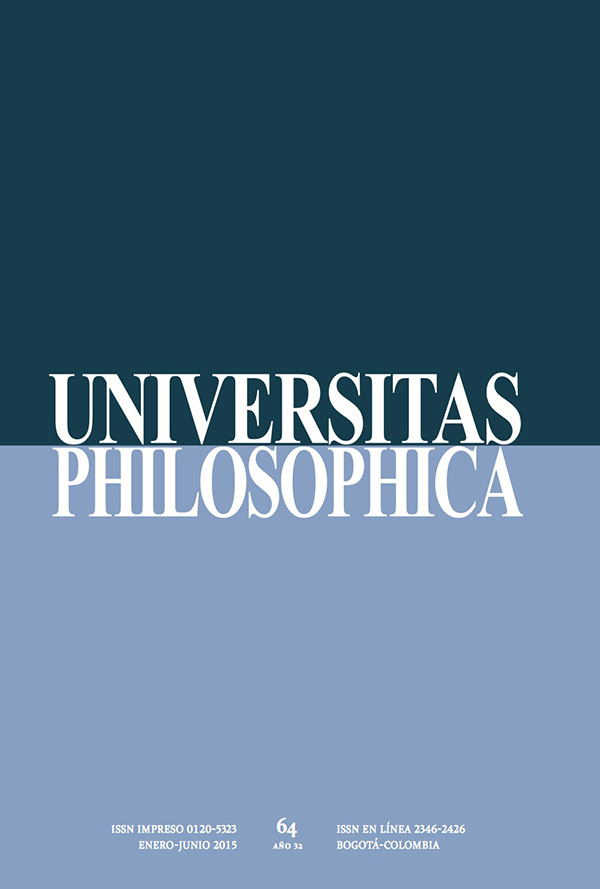Resumo
Este artículo tiene como objetivo mostrar la fecundidad de la noción de ipseidad o sí en el dominio de la psicopatología. Las nociones de sujeto o yo que han sido utilizadas desde Descartes para describir al ser humano, han llevado a pensarlo según el modelo de un ser sustancial e inalterable. Por el contrario, la filosofía contemporánea, especialmente con Heidegger, ha elaborado una concepción muy distinta del hombre como un ser esencialmente temporal y relacional. Lo que constituye fundamentalmente el Ser del hombre no es, por tanto, la presencia de un nudo invariable de la personalidad, sino, por el contrario, el conjunto de las relaciones que anuda con el mundo y con los otros que, a cambio, lo definen. La noción de ipseidad concreta, por lo tanto, el carácter reflexivo del ser humano.
Como a su vez lo muestra Paul Ricoeur, la identidad del ser humano es fundamentalmente una identidad narrativa, es decir una identidad que se constituye a través de los avatares de una historia. Lo que es profundamente alterado en la psicosis es precisamente esta apertura y estructura de acogida que es la ipseidad. Por lo tanto, lo que se trata esencialmente de restaurar por medio de la terapia es la capacidad de constituirse como un sí a través de la duración y abrirse, de esta manera, a la imprevisibilidad del acontecimiento.
Esta revista científica se encuentra registrada bajo la licencia Creative Commons Reconocimiento 4.0 Internacional. Por lo tanto, esta obra se puede reproducir, distribuir y comunicar públicamente en formato digital, siempre que se reconozca el nombre de los autores y a la Pontificia Universidad Javeriana. Se permite citar, adaptar, transformar, autoarchivar, republicar y crear a partir del material, para cualquier finalidad (incluso comercial), siempre que se reconozca adecuadamente la autoría, se proporcione un enlace a la obra original y se indique si se han realizado cambios. La Pontificia Universidad Javeriana no retiene los derechos sobre las obras publicadas y los contenidos son responsabilidad exclusiva de los autores, quienes conservan sus derechos morales, intelectuales, de privacidad y publicidad.
El aval sobre la intervención de la obra (revisión, corrección de estilo, traducción, diagramación) y su posterior divulgación se otorga mediante una licencia de uso y no a través de una cesión de derechos, lo que representa que la revista y la Pontificia Universidad Javeriana se eximen de cualquier responsabilidad que se pueda derivar de una mala práctica ética por parte de los autores. En consecuencia de la protección brindada por la licencia de uso, la revista no se encuentra en la obligación de publicar retractaciones o modificar la información ya publicada, a no ser que la errata surja del proceso de gestión editorial. La publicación de contenidos en esta revista no representa regalías para los contribuyentes.


